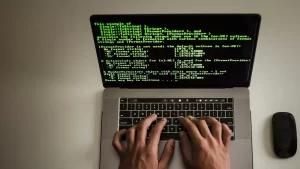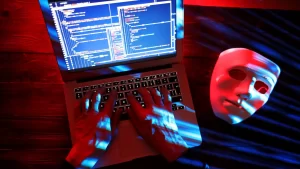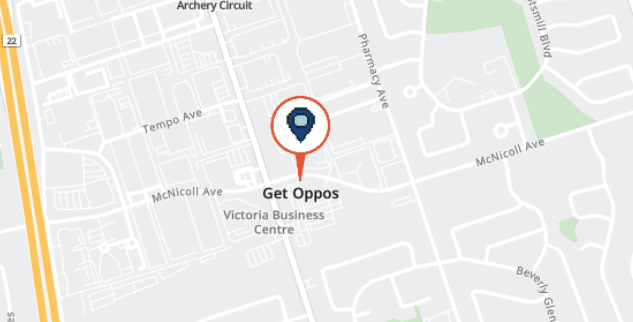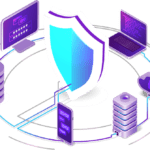Cryptocurrency has been heralded as the future of money, but is it safer from cyber attacks than traditional fiat currency? In some ways, it is but only if you take the necessary precautions. Cryptocurrency is stored in digital wallets, which are just like regular wallets but with an extra layer of security. These wallets are encrypted and can only be accessed with a private key. This makes them much less susceptible to hacking than regular bank accounts. However, there have been some high-profile hacks of cryptocurrency exchanges, which are where you buy and sell digital currency. These attacks have resulted in the loss of millions of dollars worth of cryptocurrency. In this article, we will discuss whether cryptocurrency is safer from cyber attacks than money.
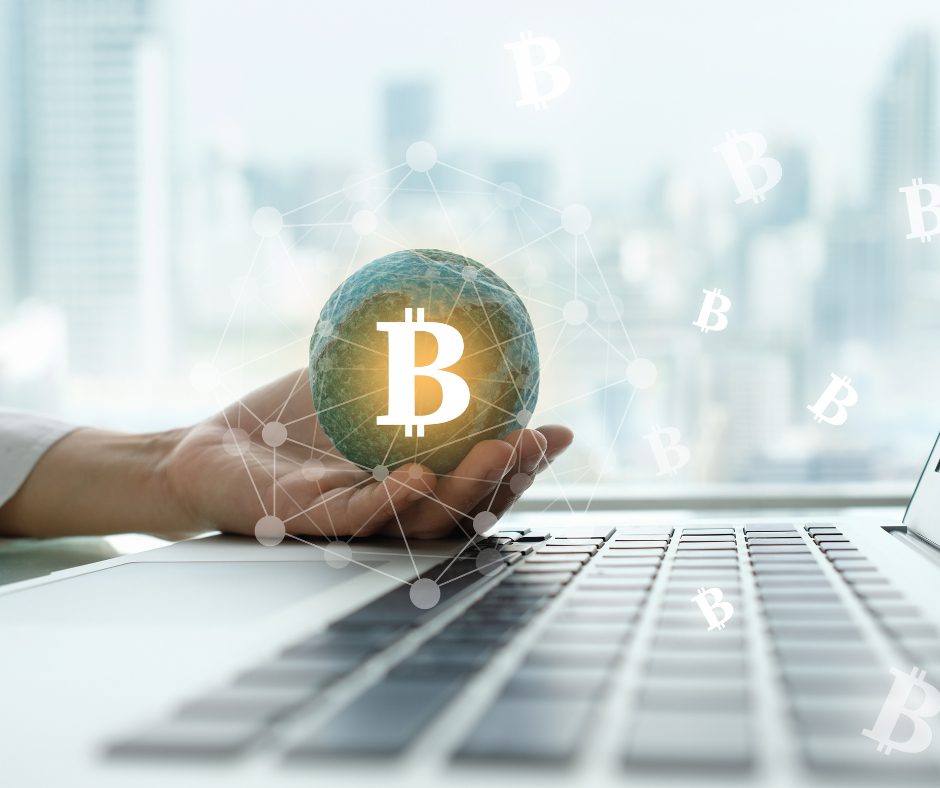
What is blockchain?
To understand why the cryptocurrency is considered so secure we need to discuss its underlying technology, blockchain. A blockchain is a digital ledger of all cryptocurrency transactions. It is constantly growing as “completed” blocks are added to it with a new set of recordings. Each block contains a cryptographic hash of the previous block, a timestamp, and transaction data. Bitcoin nodes use the blockchain to differentiate legitimate Bitcoin transactions from attempts to re-spend coins that have already been spent elsewhere.
The blockchain is an essential part of the cryptocurrency ecosystem and is often lauded as one of the key innovations of Bitcoin. It has been described as a “trustless” system that allows two parties to transact without the need for a third party. This means that you can send and receive Bitcoin without having to go through a bank or other financial institution.
How does the blockchain protect against fraud?
The blockchain is a distributed ledger technology that offers a tamper-proof way of storing data. This makes it an ideal tool for combating fraud, as it is very difficult to alter data that is stored on the blockchain. By using the blockchain, we can create a permanent record of transactions that cannot be changed or deleted. This makes it much harder for criminals to commit fraud, as they would need to alter the data on thousands of computers to make a change that would go unnoticed.
In addition, the blockchain is also transparent. This means that anyone can view the data that is stored on the blockchain, which makes it difficult for criminals to hide their activities. The blockchain is thus a very powerful tool for combating fraud, as it offers a tamper-proof and transparent way of storing data.
Cryptocurrency vs Money: Which is safer?
Overall cryptocurrency has many more built-in safety checks than fiat currency. Fiat currency has no built-in defense mechanisms against fraud while cryptocurrency has things like the blockchain that make it very difficult for people to commit fraud or cheat the system in any way. However, the biggest risk factor when dealing with crypto or money is always going to be the platform that you use to hold the assets and your ability to protect your login information.
Why your biggest risk is always the platform you use
While cryptocurrency can be stored in a digital wallet most people buy their cryptocurrency via exchanges like Coinbase or crypto.com. While these exchanges provide convenience they also provide a layer of risk. If the exchange is breached that could result in your cryptocurrency being stolen. For example the company Kucoin, hackers were able to acquire keys to some of the largest crypto wallets under the company’s possession and stole over $281 million in assets. They were able to recover 84% of the assets according to their CEO Johnny Lyu but 16% was just totally lost. Here are some of the ways that you can help to mitigate this risk by protecting your personal accounts:
Five ways to protect your account against cyber attacks
Strong Passwords: Passwords are the first line of defense for your accounts. A strong password is typically at least 8 characters long and contains a mix of uppercase and lowercase letters, numbers, and symbols. It should also be something that you can remember easily, but that would be difficult for someone else to guess.
2FA: Two-factor authentication (2FA) is an important security measure that all businesses should take advantage of. 2FA adds an extra layer of protection to your account by requiring two forms of identification before granting access. This means that even if someone has your password, they will not be able to login to your account unless they also have access to the second form of identification, which could be a code generated by an app or a physical token.
Only login from trusted devices: Another risk you want to avoid is logging into your crypto or financial accounts from public or untrusted devices. These devices could record your password and potentially allow someone to get access to your account even after you log out.
Avoid Public Wifi: Public wifi is one of the most convenient things in the world. It allows us to stay connected while we’re on the go, whether we’re working at a coffee shop or traveling through an airport. But while public wifi is incredibly convenient, it’s also one of the most insecure things you can use.
Here’s why: when you connect to public wifi, you’re using an unsecured network. That means that anyone else who is on the same network can access your data. And if they’re able to access your data, they could potentially steal your sensitive information, like your passwords or credit card numbers.
If you do need to use public wifi the best thing you can do is to use a VPN, or virtual private network. A VPN encrypts your data and helps to keep your information safe.
Recap
Cryptocurrency is not immune to cyber attacks, but you can argue that it is more secure than money by default. However, the most important factor in the security of your assets is the security of the company that holds your assets and the security of your account for that platform. In this article we highlighted several ways that you can protect your accounts from hackers. For more tips on how to keep your money safe from cyber attacks, subscribe to our newsletter.


